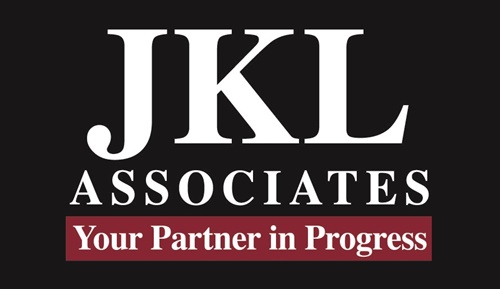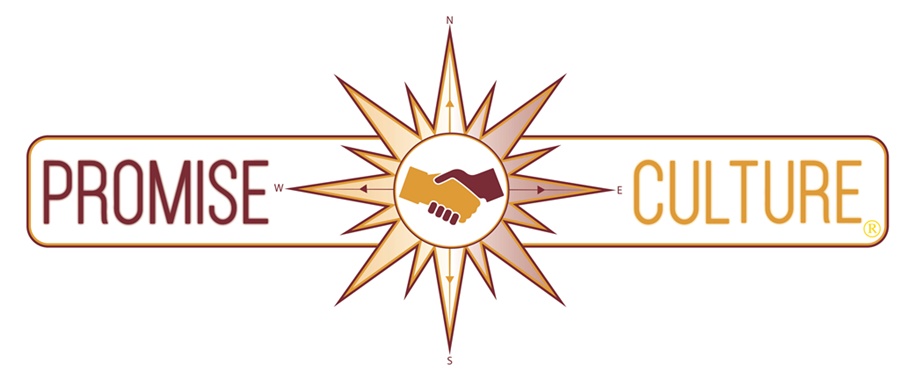A week does not go by without a client, prospective client, colleague, or general business acquaintance bringing up some challenge related to the workforce and the disparity of work ethic in the marketplace. They typically don’t call it directly out as such, but as the conversation evolves, it becomes clear that differing views of work ethic influence the situation they describe.
What might be interesting is that as the conversation takes place, the various factors we consider when reaching conclusions don’t always work. For instance, one common statement is that such a generation is lazy or that this or that group of people doesn’t care. Our society is great at pointing fingers or accusing individuals and groups of people, even when they don’t apply.
This is not a new phenomenon. It is part of the human experience that we all live every day. It gets wrapped in many disguises, so much so that the nation’s forefathers attempted to clarify this matter in our Constitution and Bill of Rights documents. As a nation and business leaders, our foundational truth is that we are not to discriminate based on various differences in the people we cohabitate with. As fundamental as this is, our nation and business leaders struggle to uphold such a framework. It is easy to write down and profess. Practicing and holding oneself accountable to the standard is an entirely different effort and energy level. This disparity in differences is woven into our views and biases as we look at others and compare them to what we believe is the standard by which everyone else is assessed.
Considering this, we see that organizations make little effort to spell out to staff the complete expectations of the role they will be contributing to. They identify given work tasks and some deliverables. When they do this, they don’t take it to the next level and place quantification metrics on the expectations. Some owners have expressed that they don’t like to do this because it might scare away the potential hire. This is an odd view of bringing on staff to be part of the team. Why bring new talent into the organization with a false understanding? This ambiguous approach leads to a disparity of expectations on the role’s demands and how individuals believe they are accomplishing the given role. This, in turn, leads people to think that individuals do not have a good work ethic. It actually is a combination of weak expectations and, yes, the possibility that some individuals are just not aligned with the demands of the role or the expectations those demands require to contribute.
Navigating the perceived imbalance in the work ethic of individuals is not a cookie-cutter process. It requires setting standards and expectations that the organization and the individual can understand and perform to. It requires diligence on both parties – the organization and the individual- to have it be most successful and beneficial for all concerned. It starts with a framework and foundation that gives all the benefits of bringing some talents to the table. It is up to the mutual parties to attempt to ensure it is a good match.
This week, look at your candidate intake process. Are you using an approach that gets the best alignment for the role and the candidate? If you have questions, contact JKL Associates and speak with a Promise Guide about how we can help you create the foundational framework for the best staff alignment. Call us at MI (313) 527-7945 or FL (407) 984-7246.
COPYRIGHT – JKL ASSOCIATES 2025
QUESTIONS OR COMMENTS – EMAIL US AT PARTNERS@JKLASSOCIATES.COM OR CALL OUR OFFICES – MI AT (313) 527-7945 FL AT (407) 984-7246
Celebrating 30 years of Delivering on “Promises”




